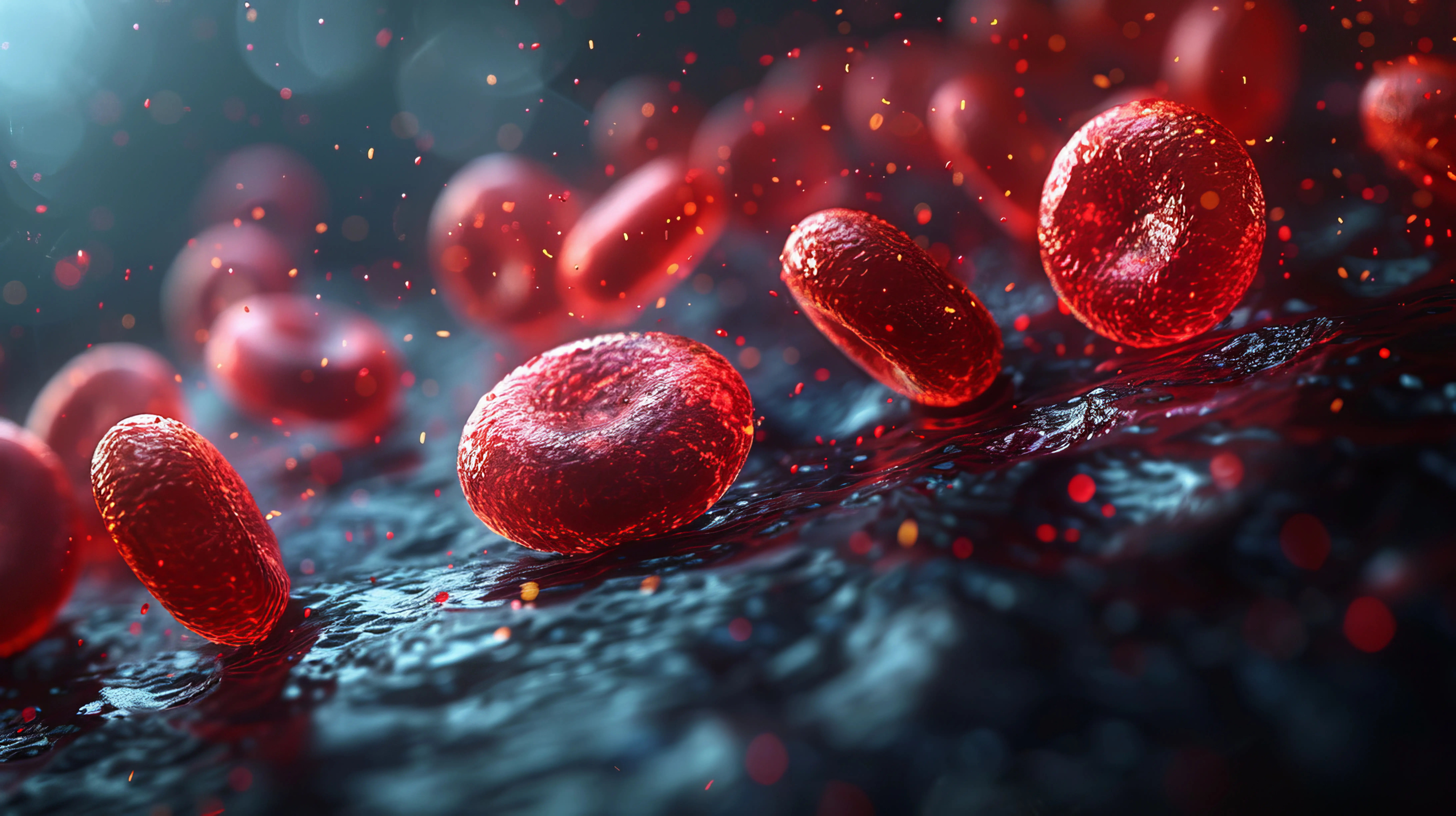- male
- 50 Years
- 31/03/2021
What happens when BP is high?
More Cardiology Health Queries
View allI'm really worried about my heart condition. The doctor mentioned that my left anterior descending artery type 3 vessel has a 70% blockage in the proximal region. The mid and distal parts of the LAD are normal, but there's an ostial plaque in D1, while D2 is normal. They've suggested angioplasty, and I'm unsure about what to do next. Could you give me some advice or explain this a bit more? I'm feeling anxious about the whole situation.
"Based on your condition of Left anterior descending artery type 3 vessel Proximal lad 70% present with Mid and distal lad normal and D1-ostial plaque, the recommended treatment is angioplasty. You can use antiplatelet medications such as Clopidogrel (Plavix) 75mg once daily along with Aspirin 81mg once daily to prevent blood clots. Additionally, Atorvastatin (Lipitor) 40mg once daily can be used to lower cholesterol levels and reduce the risk of further plaque buildup. Follow your doctor's advice for the dosage and duration of these medications."
Answered by 1 Apollo Doctors
I'm trying to make sense of some health concerns and could use a bit of guidance. I recently had an abnormal ECG that showed RBBB with sinus tachycardia, and my CT angiogram revealed 0 calcium deposits. But I'm still feeling some discomfort in my chest and experiencing breathlessness. Could I still have some kind of heart problem even with these results?
1) Despite the absence of calcium deposits on the CT angiogram, it is still possible to have a cardiovascular issue. Given your symptoms and abnormal ECG findings, further evaluation is necessary. I recommend starting treatment with a beta-blocker like Metoprolol (25-50mg) to help with the sinus tachycardia and chest discomfort. 2) The chest discomfort and breathlessness you are experiencing may be related to your cardiac condition. In addition to the beta-blocker, you can also take Aspirin (81mg) daily to reduce the risk of cardiovascular events. However, it is important to follow up with a cardiologist for a comprehensive assessment and management plan.
Answered by 1 Apollo Doctors
I'm feeling a bit worried about my blood pressure readings. I got a reading of 135110 at the hospital and 140102 with a digital machine at home. I'm already taking Eritel LN 40 and Concor 2.5, but my regular doctor isn't available right now. I went to a clinic nearby because I've had headaches and blurred vision, and they recommended I take Telma H 4012.5 in the morning and keep up the Concor 2.5 mg at night for the next week until I can see my usual doctor. Does this sound like the right approach, or is there anything else I should consider?
Your blood pressure readings are slightly elevated, and you are experiencing headaches and slight blurriness in vision. Based on the information provided, you are currently taking Eritel LN 40 and Concor 2.5 for your blood pressure. The clinic has advised you to take Telma H 4012.5 in the morning and continue with Concor 2.5 mg at night for 7 days. I recommend following the advice given by the clinic. Take Telma H 4012.5 in the morning and Concor 2.5 mg at night as prescribed. It is important to monitor your blood pressure regularly and consult your regular physician as advised. If you experience any concerning symptoms or if your condition worsens, seek medical attention promptly.
Answered by 1 Apollo Doctors
Disclaimer: Answers on Apollo 247 are not intended to replace your doctor advice. Always seek help of a professional doctor in case of an medical emergency or ailment.




